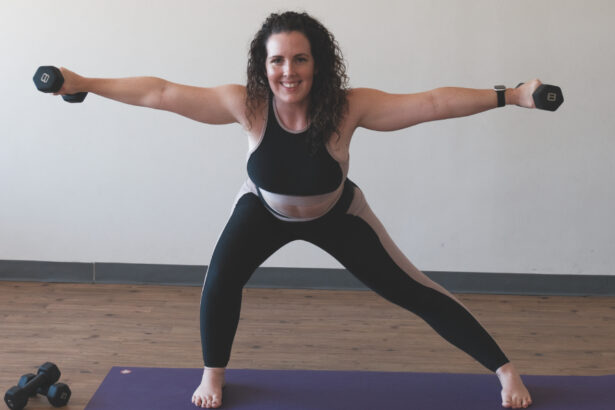As we get further into May and the inner wisdom it brings as Mental Health Awareness month, it is a great time to learn new tools that actively reduce stress, depression and anxiety. Meditation is a well documented combatant against cortisol, the hormone responsible for spikes in stress that can lead to long term illness. A regular meditation practice has been proven not only to lower this specific hormone but also increase serotonin levels, responsible for our feelings of well being and calm. There are many different modalities of meditation including Yoga Nidra, also known as Non Sleep Deep Rest that presents as a body-scan awareness, Loving Kindness Meditation, where the meditator focuses on directing positive thoughts toward themself and others, amplifying feelings of peace and connection, as well as Mantra Meditations, using any repeatable phrase that speaks to the meditator that day, often used in manifestation work.
If you were thinking you don’t have the time to fit another wellness practice into your busy daily schedule, think again. Meditation is one of the only practices that actually gives you back the time you put into it, providing clarity of mind, by removing the mental chatter that so often takes us off task or makes us want to escape the present moment by getting lost in our phones. Meditation invites the present moment as something to be accepted and examined with kindness and curiosity. Developing a mindful way of living allows us to become closer to our existence in a non-judgmental way as the Observer of it all.
So what is meditation, really? A helpful definition by Angela Lumba-Brown, a clinical associate professor of emergency medicine and co-director of the Stanford Brain Performance Center states “Meditation is an intentional practice to cultivate awareness using concentration.” Fascinating things happen to our brains during this space of mindful focus, including a marked rise in levels of our neurotransmitters related to pleasure and drive, specifically Dopamine, as well as tranquility, like our GABA receptors. Meditation has also been shown to cultivate resilience, making adverse situations, whether they involve work, family, or wider worldly concerns, easier to handle and work through.
A regular meditation practice doesn’t just positively affect you, but everyone around you. Practicing the skill of Loving Kindness Meditation has been shown to yield more empathy when interacting with the people in one’s social sphere and even strangers, increasing patience by helping the practitioner become more attuned to their needs and the needs of others.
As our sensory experiences continue to be flooded with an overwhelming amount of information, each day it becomes more and more deeply and direly important to slow way down, and learn how to shut it all off. Now is the time to gather the material and tools to build a raft of mindfulness that can keep us afloat when we start drowning in a sea of sensory overload. Building a daily meditation practice takes effort and guidance from someone who can teach us how to make a proper raft that will hold up against the toughest waves of emotion and uncertainty. There are plenty of apps that can get you started, but if you’re looking for a hands on, in-person approach with a certified instructor that can answer any questions you might have regarding building your own practice, we encourage you come to PLAY and join Lauren Campbell for a 4 week Introduction to Mindfulness course, starting May 23rd.
As always, we here at PLAY are here to support you on your wellness journey.
Namaste




